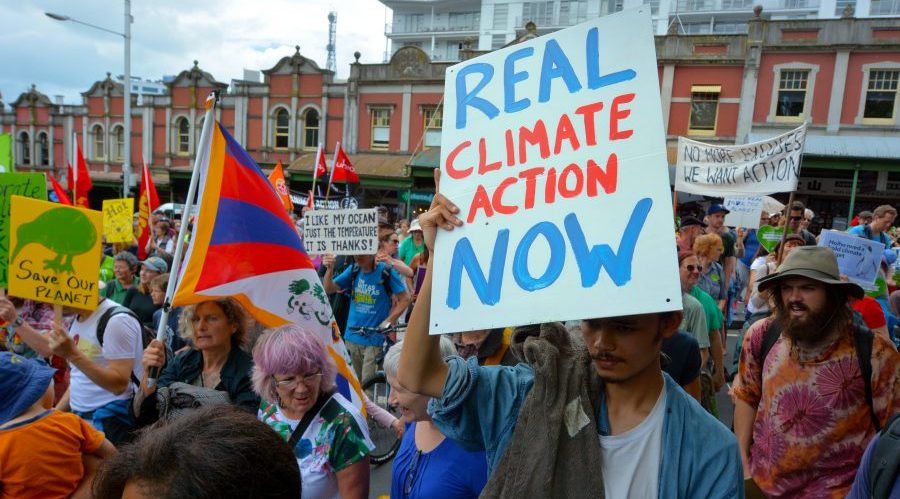Globalisation has caused global problems that, at the same time, demand global solutions although this does not seem to be the attitude of most countries that tend to seek individual solutions (national) that will not help solving them.
Globalisation, connectivity and, in general, new technologies have led most governments feel powerless to make the decisions that their worried citizens require –to have their wellness and security ensured- and see how they lose control.
On the other hand, when citizens are asked about their concerns, their responses are usually restricted to local aspects passing over the huge problems facing mankind nowadays.
It would be difficult to find amongst these concerns, relevant topics such as the climate change, the danger -increasingly imminent- of artificial intelligence or the ethical limits to the genome modifications (either human or not), and they focus on topics close to the everyday lives of citizens such as public insecurity, unemployment, corruption and pensions.

This phenomenon can be deemed even logical and it would not be worrying if it were not because the national politicians – overwhelmed by a feeling of lack of control, by its impotence to solve problems that scape its local scope and by a representative system that limits its vision to short mandates-, do also ignore the transcendental issues in the medium and long term which implies the need for more global institutions with enough strength to make executive and effective decisions on these issues.
Nevertheless, these days show us that the trend of many countries is precisely the contrary, adopting popular measures based on nationalism, protectionism and xenophobia, which is why at this very moment the possibility of global governance facing an increasingly complex reality, it seems totally utopian.
The fact that relations between relevant world powers such as USA, China and Russia are under strain and that Europe is becoming less and less influential does not help promoting the creation of supranational cooperation bodies.
Even an exciting project as the European Union is going through a difficult time, due to the distrust among the citizens whether this community is really the best tool to ensure economic and social progress. To many of them, the European Union does not mean more democracy and prosperity but austerity, excessive regulations, impositions and a too opaque political structure with an important lack of democratic legitimacy.
This does not mean that the EU is not, however, essential to solve supranational European issues and their incardination in a global world, that is to say, to face the global challenges which we now face. In fact, without the EU, its current partners would be completely neglected before the powers abovementioned.
To stop the excessive regulations and to assume this strategic leadership on a more democratic way, would allow, at the same time, to provide a renewed and exciting project for its citizens.
In fact, the few initiatives that have so far been developed in Europe to face these global challenges have come precisely from the European Union, amongst which, it is worth to mention, the efforts to significantly reduce the greenhouse gas emissions, the fight against monopolistic practices on the internet, against international tax evasion of certain multinationals, the measures of control of the big data and of the privacy in the net, prevention of the money laundering, etc. In the future the EU should become even more involved in setting policies on the development of artificial intelligence and genetics, social, climate and political migrations, the fight against cybercrime and terrorism and in finding a unified security and defence body.
In short, I do agree with Zygmunt Bauman that the danger comes from not developing political institutions (with the capacity to decide what should be done and what should be avoided) at a global level, while, on the contrary, the power (as capacity to do things on the part of those that exercise it) moves freely across boundaries. For this reason, European citizens cannot afford to liquidate the main supranational institution that we have.

